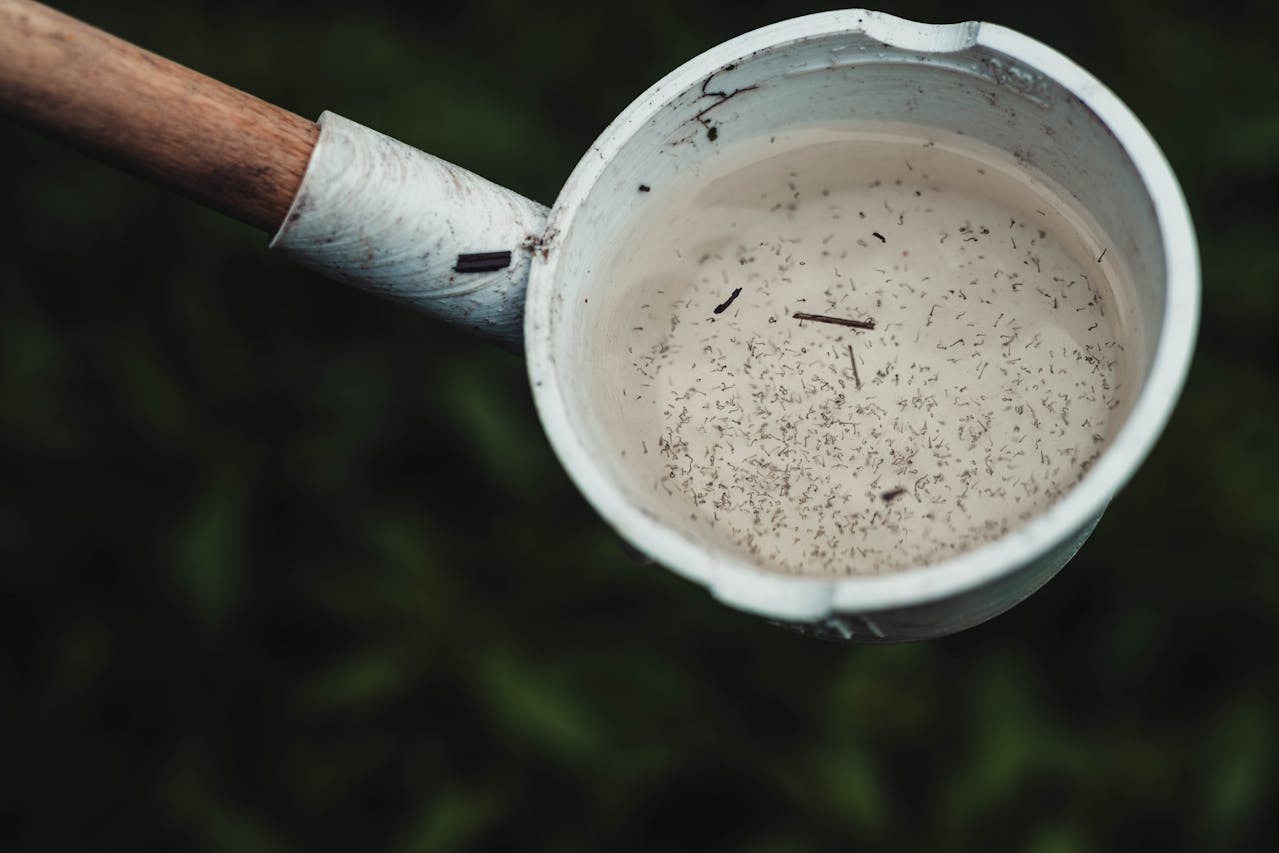Safe and Effective Strategies for Managing Mosquito and Pest Infestations in Homes
Key Takeaways
- Learn effective prevention and management strategies for mosquito and pest infestations.
- Discover natural methods that are safe for your family and pets.
- Explore the use of professional pest control services for extreme infestations.
Table of Contents
- Why Managing Mosquito and Pest Infestations is Crucial
- When to Call Professional Pest Control Services
- Prevention Methods: Keeping Pests Out
- Natural and Safe Pest Control Methods
- DIY Approaches to Managing Infestations
- Sustainable Options for Long-term Control
Why Managing Mosquito and Pest Infestations is Crucial
Mosquitoes and other pests are more than annoying; they can carry diseases and cause significant health problems. For instance, mosquitoes are known carriers of diseases like West Nile Virus and Zika Virus. Protecting your home from these pests is crucial to ensure the safety and well-being of your family. In some areas, seeking pest control in Fresno, CA, can effectively keep pest populations under control. Pests can cause health issues, physical damage, and fire hazards. Proactive and reactive measures are crucial to managing infestations, ensuring timely intervention, and preventing severe consequences.
When to Call Professional Pest Control Services
Sometimes, despite your best efforts, professional intervention may be necessary. According to CDC guidelines, extreme infestations or recurring issues may warrant the services of a pest control professional. It’s crucial to choose a service that uses safe and environmentally friendly methods to ensure the well-being of your family and pets. Professionals can offer targeted solutions and have access to more potent treatments that are not available to the general public. For instance, a reputable mosquito control near me may set an onsite visit for assessment.
Residents in specific areas can offer targeted solutions to more persistent issues. These services often come with the advantage of local expertise, as professionals are familiar with the specific pests common to the area and can tailor their approaches accordingly. Regular professional maintenance and inspections can also help prevent future infestations, giving you peace of mind.
Prevention Methods: Keeping Pests Out
- Seal Cracks and Gaps: Ensure that windows, doors, and walls are properly sealed to prevent pests from entering. Use caulk to seal wall gaps and install weatherstripping around windows and doors to block out pests.
- Proper Waste Management: Dispose of garbage properly and use sealed containers to minimize attraction. Regularly remove trash and wash dumpsters and garbage bins to eliminate odors that attract pests.
- Maintain Cleanliness: Regularly clean kitchen areas and other spaces that may harbor pests. Keep countertops clean and free of food crumbs, and store food in sealed containers. Routine vacuuming and sweeping can also reduce pest habitats indoors.
Natural and Safe Pest Control Methods
If you prefer to avoid chemicals, consider natural pest control methods. Essential oils such as citronella, lavender, and eucalyptus can be effective against mosquitoes. These oils can be used in diffusers or mixed with carrier oils and applied to the skin. Additionally, introducing natural predators like bats and certain bird species can help keep the pest population in check. Bats, for instance, can consume thousands of mosquitoes in a single night, providing a natural way to control their numbers.
Maintaining a garden with pest-repelling plants can also be beneficial. Plants like marigolds, basil, and lemongrass repel mosquitoes and other pests. Not only do these plants help in pest control, but they also add aesthetic value to your garden. Another natural method involves using diatomaceous earth, a powder made from fossilized algae. It’s safe for humans and pets but deadly for insects, as it destroys their exoskeletons on contact.
DIY Approaches to Managing Infestations
Homeowners can manage minor infestations by creating homemade traps using simple ingredients like sugar and soap, reducing standing water around the home, and using fans on patios and decks. Mosquitoes lay their eggs in stagnant water, so eliminating puddles, bird baths, and clogged gutters can help control their population. Installing screens on windows and doors can prevent pests from entering the home. Diatomaceous earth, a natural powder, can also be used safely around pets and children.
Sustainable Options for Long-term Control
Sustainable pest control options focus on long-term solutions by modifying the environment to be less attractive to pests. Practices like landscaping with plants that repel mosquitoes and using natural barriers can provide ongoing protection without harming the ecosystem. Implementing integrated pest management (IPM) strategies, which combine biological, cultural, physical, and chemical tools, can lead to more sustainable pest control.
IPM strategies focus on understanding pests’ lifecycles and using that knowledge to disrupt their habitat and reproduction. For example, crop rotation and polyculture can reduce pest populations in agricultural settings without relying on chemical pesticides. Using mulch and compost to improve soil health in residential areas can create an environment less conducive to pest infestations.
Another sustainable option is beneficial insects, such as ladybugs and nematodes, which prey on common garden pests like aphids and grubs. These natural predators can help keep pest populations in check while preserving the ecological balance. Installing bat houses can encourage bats to roost nearby, providing natural mosquito control. Sustainable pest control protects your home and supports biodiversity and the local ecosystem’s health.

